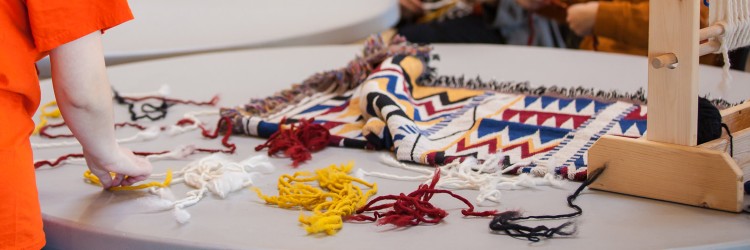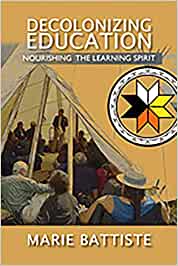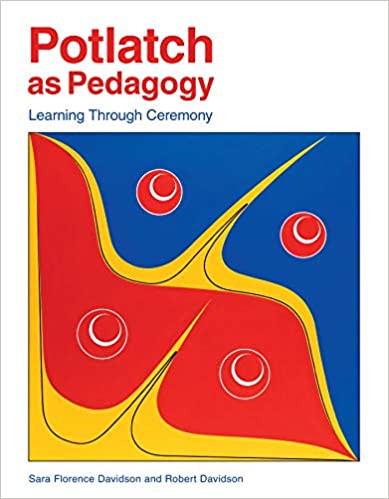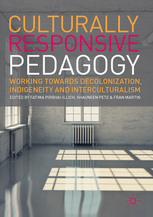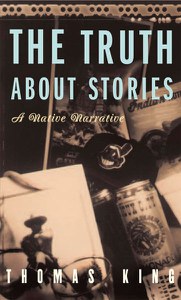Decolonizing and Indigenizing our curriculum and teaching practice requires time, learning and reflection. This is an opportunity to reflect on our positions as an educators at snəw̓eyəɬ leləm̓ Langara College, located on the unceded traditional territories of Musqueam, and contribute to making this space a safe, supportive learning environment for all students.
Here are some resources to help you get started.
Articles
Decolonizing our Practice – Indigenizing our Teaching. Shauneen Pete, Bettina Schneider, Kathleen O’Reilly, First Nations Perspectives, 2013, 5, 1.
100 Ways: Indigenizing & Decolonizing Academic Programs. Dr. Shauneen Pete, aboriginal policy studies, 2016, 6.
Guides
Pulling Together: Guides for Indigenization of Post-Secondary Institutions. BCcampus
These guides are an open professional learning series developed for staff across post-secondary institutions in British Columbia. These guides are intended to support the systemic change occurring across post-secondary institutions through Indigenization, decolonization, and reconciliation.
Guides in the series include: Foundations; Leaders and Administrators; Curriculum Developers; Teachers and Instructors; Front-line Staff, Student Services, and Advisors; and Researchers.[6].
TCDC offers a Community of Practice (CoP) for teaching faculty and staff interested in working through these guides.
Website
“The purpose of this website is to help educators learn about Indigenous cultures and ways of knowing, predominantly through Indigenous traditional and life-experience stories.” – Q’um Q’um Xiiem/Jo-ann Archibald.
Poster
First Peoples Principles of Learning (PDF) by FNESC
The First Nations Education Steering Committee (FNESC) is a policy and advocacy organization that represents and works on behalf of First Nations in British Columbia. FNESC has a mandate to support First Nations students (K-12) and advance First Nations education in BC.
Books
Search for these titles at the Langara Library.
